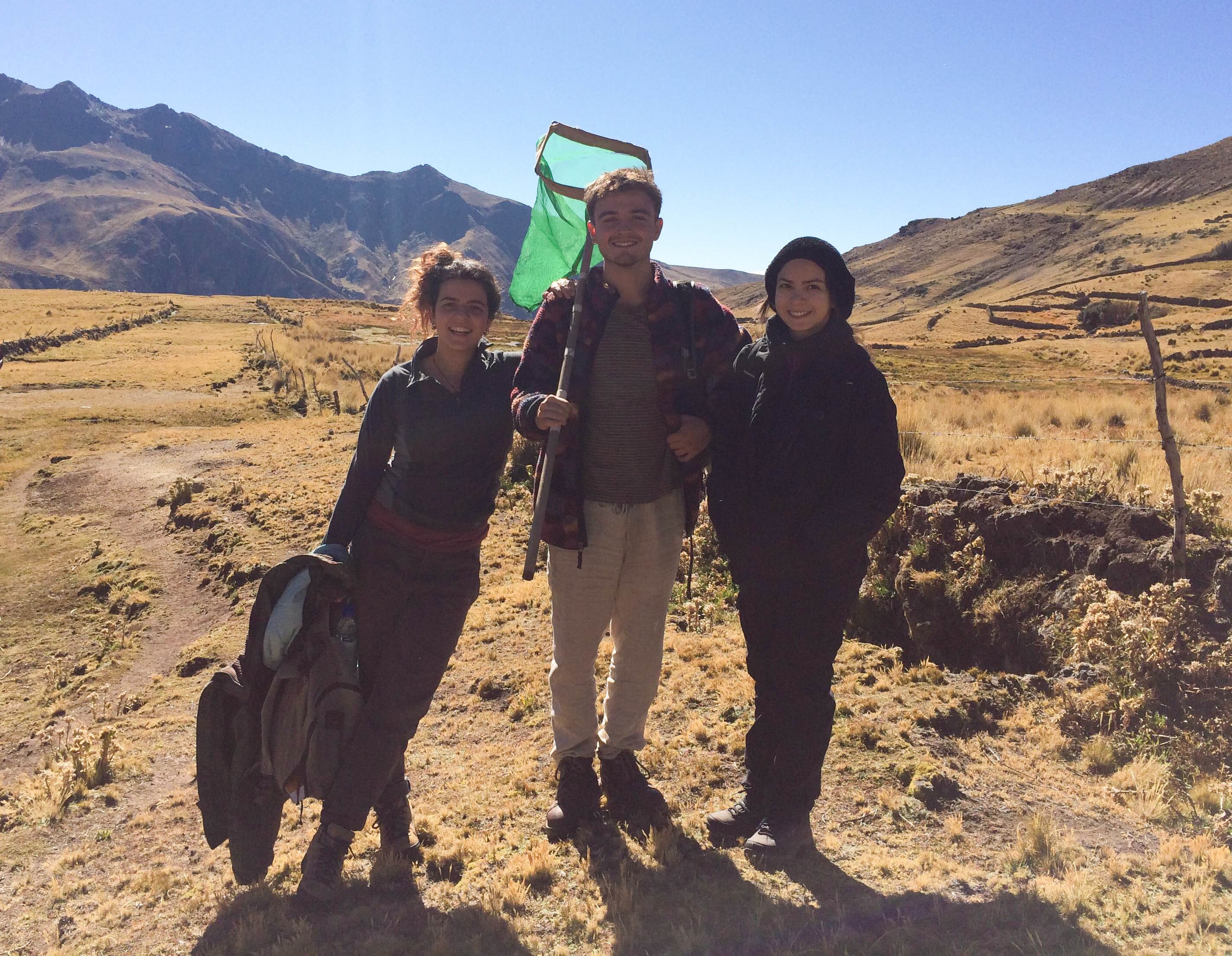Three students from the University of the West of England (UWE Bristol) have travelled to Peru this summer, as part of the UWE Global Water Security Programme, to work with researchers from the Centro de Competencias del Agua (CCA). Our work with CCA is based around strengthening local capacities for the sustainable management of the Andean basin headwaters. Here, Maya Loaiza, a BSc Environmental Science student at UWE, talks about her experience.
 I have had a good time in Peru, with lots of exciting work to get stuck into while I’m here. This includes practical field work followed by a written report investigating the Benthic macroinvertebrate community in a section of the high altitude Cuenca Cachi. Using macroinvertebrates as bioindicators aims to tell us more about the environmental conditions in the area, and acts as supporting evidence for what is already known about the highly acidic area.
I have had a good time in Peru, with lots of exciting work to get stuck into while I’m here. This includes practical field work followed by a written report investigating the Benthic macroinvertebrate community in a section of the high altitude Cuenca Cachi. Using macroinvertebrates as bioindicators aims to tell us more about the environmental conditions in the area, and acts as supporting evidence for what is already known about the highly acidic area.
I will have the opportunity along another student, Mafer, to work at San Cristóbal of Huamanga University in Ayacucho to identify the species in the samples that have been collected. Our work will be added to the database of information about the Cuenca Cachi headwater zone and help the understanding of yet another negative effect of climate change (the melting of the previously-present glacier accelerated the rate of water acidification).
We have been on a field visit to help us have a more complete understanding of the projects taking place, which has provided both breathtaking views and an eagerness to return. There are many exciting things taking place here and the exposure to the Spanish language has been so useful. We are also planning to visit Machu Picchu soon to see more of the culture while we’re here!
